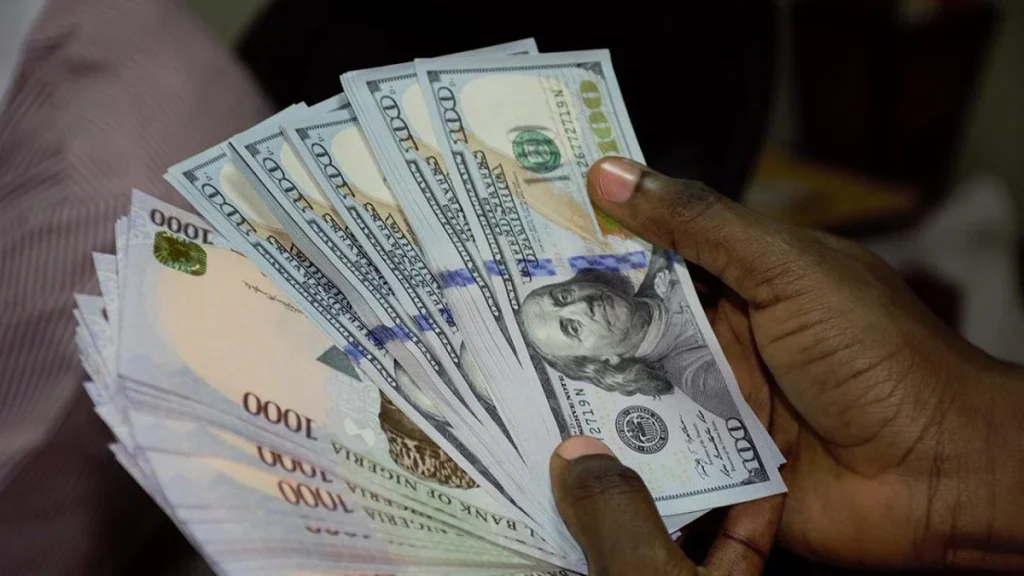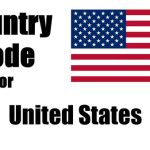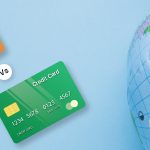
Opening a US dollar bank account in Nigeria brings several advantages, such as easy international transactions and protection against currency fluctuations. This quick article will guide you through the process of opening a USD bank account in Nigeria and receiving dollars from abroad. If you’ve been looking for how to open a US dollar to Naira bank account, you are just in the right place (you can learn a lot more on our site, for example, how to send money to India).
Advantages of Opening a US Bank Account in Nigeria
Having a US dollar to Naira bank account offers numerous benefits for individuals conducting business or making payments internationally. Some key advantages include:
- Currency conversion: By maintaining funds in USD, you can avoid the hassle and costs associated with frequent currency conversions between Naira (NGN) and USD.
- Protection against exchange rate fluctuations: Holding your money in USD protects it from potential devaluations or volatility within the Nigerian economy.
- International transactions made easy: With an online dollar account in Nigeria, you can conveniently send/receive payments internationally without going through multiple intermediaries or facing delays typically encountered when using traditional banking channels.
How to Open a Dollar Account in Nigeria
To open your own US dollar to Naira bank account while residing in Nigeria, follow these steps:
- Choose your preferred bank: Research banks that offer this service; some popular choices are GTBank Domiciliary Account, Zenith Dollars Savings Accounts, and Access Diaspora Banking Services, among others.
- Verify requirements & eligibility criteria: Contact your chosen bank’s customer support or visit their website to determine what documents they require for opening an overseas-dollar-denominated savings/checking dollar account in Nigeria. Typical requirements may include valid identification proof (e.g., passport), utility bills as address proof, and tax identification number (TIN).
- Complete the application process online/in-person: Submit all necessary documentation either via the provided online portal on their official website or visit any branch office near you if required by your selected financial institution. Ensure accuracy while providing personal information during registration to prevent future complications related to identity verification processes.
- Fund your account: Once your application is approved, you will receive an account number. Proceed to deposit funds into your new USD bank account either by making a cash deposit or initiating a transfer from another Nigerian bank account.
- Activate online banking services (optional): Many banks offer online banking services for their US dollar accounts. Consider activating this feature as it enables easy access and management of your finances at any time from anywhere in the world.
How Do I Receive Dollars From Abroad in Nigeria?
To receive dollars from abroad into your US dollar account in Nigeria:
- Provide necessary details: Inform the sender about the details required to facilitate the international transfer, such as the SWIFT/IBAN code of your Nigerian bank, the full name on the receiving USD account, and its corresponding unique identifier (account number).
- Use international wire transfer services: The most common method for transferring money globally is via wire transfers offered by major financial institutions worldwide.
- Inform overseas senders that they can use these services to directly send funds to your US dollar-denominated Nigerian bank account using SWIFT codes provided by local banks.
- Monitor incoming transactions and keep records: Regularly check both email notifications and online banking statements for incoming transactions. Ensure accurate record-keeping since you may require transaction history evidence while filing taxes or managing personal finances effectively.
Opening in Detail
Understanding the Need for a USD Bank Account
Having an online dollar account allows you to receive payments internationally and make transactions with ease across borders. It is especially useful if you frequently deal with clients or businesses that transact in dollars or if you want to diversify your assets.
Researching Banks Offering Online Dollar Accounts
To open an online USD bank account in Nigeria, start by researching banks that offer this service. Some popular options include Guaranty Trust Bank (GTBank), Zenith Bank, and Access Bank (if you want to consider extra options or want to send money to India, for example, Revolut can help).
Visit banks’ websites or contact their customer support teams for detailed information on requirements and procedures.
Gathering Required Documents
Typically, banks require specific documents when opening any type of new account. Prepare the following documents:
- Valid identification proof (e.g., national ID card or passport).
- Proof of address (utility bills or other official correspondence).
- Tax Identification Number (TIN) certificate.
- Two reference letters.
Opening Process
Once you have gathered all the required documents mentioned above, here is the summarized process:
- Choose your preferred banking institution: We have already mentioned it: research different banks offering these services before making your choice based on factors like reputation, fees involved, and accessibility of branches/ATMs.
- Complete application forms: Fill out application forms provided by your chosen banking institution accurately without omitting any essential details requested.
- Submitting documents: Alongside completed application forms, submit necessary supporting documentation at designated branch locations specified by each respective financial institution.
- Initial deposit requirement: Ensure that sufficient funds are available as per the bank’s minimum deposit requirement for opening a US dollar account.
Withdrawing Money from Your USD Account
Once your online dollar account is active, you have multiple options to withdraw money:
- International wire transfer: Banks in Nigeria offer international wire transfer services that allow you to send funds directly from your US dollar bank account to another bank or individual globally.
- ATM withdrawal: Some Nigerian banks provide access to ATMs where you can withdraw dollars using an international debit card linked to your USD account.
- Currency exchange services: If needed, convert some of your dollars into Nigerian Naira at local currency exchange bureaus authorized by the Central Bank of Nigeria (CBN).
Converting Dollars into Naira
To convert US dollars into Nigerian Naira:
- Visit authorized exchangers: Find reputable and CBN-authorized exchangers who offer competitive rates and transparent transactions while converting USD back into Naira.
- Local dollar bank online support: Many banks operate foreign currency desks that facilitate conversions between different currencies; check with your banking institution if they provide such services.
How To Choose a US Bank for Nigeria Residents
If you are a resident of Nigeria and looking to open a US dollar bank account, it’s important to choose the right bank that meets your needs. Opening a US dollar bank account with a reputable US bank can provide several benefits, such as easy online access, convenience in making international payments, and potential currency exchange opportunities.
When selecting a US dollar bank online for your banking needs, consider the following factors:
- Reputation: Look for well-established banks with strong reputations in both the United States and internationally. Research their history, financial stability, customer reviews, and ratings from reliable sources.
- Banking internationally services: Opt for banks that offer robust online banking services specifically tailored towards international customers like yourself. This includes features such as 24/7 access to US dollar bank accounts from anywhere globally, the ability to send money abroad easily, efficient transfers between different currencies, including converting Naira into USD or vice versa at competitive rates, and virtual debit cards allowing immediate use upon approval without waiting for physical cards.
- International payment options: Ensure that the chosen bank provides seamless payment options internationally so you can conveniently receive funds from other countries or transfer money whenever required using secure channels like the SWIFT (Society for Worldwide Interbank Financial Telecommunication) network, which is commonly used by most global banks.
- Account types offered: Check if they have specific types of US dollar bank accounts suitable for residents outside of the United States who want to hold dollars locally but require flexibility in managing finances across borders, e.g., offshore checking accounts designed explicitly with non-US citizens living abroad in mind.
- Exchange rates & fees: Consider comparing exchange rates offered by various banks along with associated fees related to transactions involving different currencies since these costs could impact how much value you get when converting Naira into USD or vice versa while sending/receiving funds between Nigerian and U.S.-based entities/accounts.
- Customer support & accessibility: Ensure there is excellent customer support available via phone, email, or chat to address any queries or concerns in a timely manner. Additionally, check if the bank has branches or partner banks in Nigeria for easy access to services such as cash deposits and withdrawals.
- Security & privacy: Make sure that the chosen bank follows robust security measures and offers privacy protection when it comes to your financial transactions and personal information.
Wrapping Up
Opening a US dollar bank account in Nigeria provides convenience when dealing with international payments and offers protection against fluctuating exchange rates.
Research various financial institutions offering this service, gather all necessary documentation, complete application forms accurately, make an initial deposit as required, and then enjoy the benefits of seamless global transactions through online banking platforms or other withdrawal methods provided by the chosen institution.





